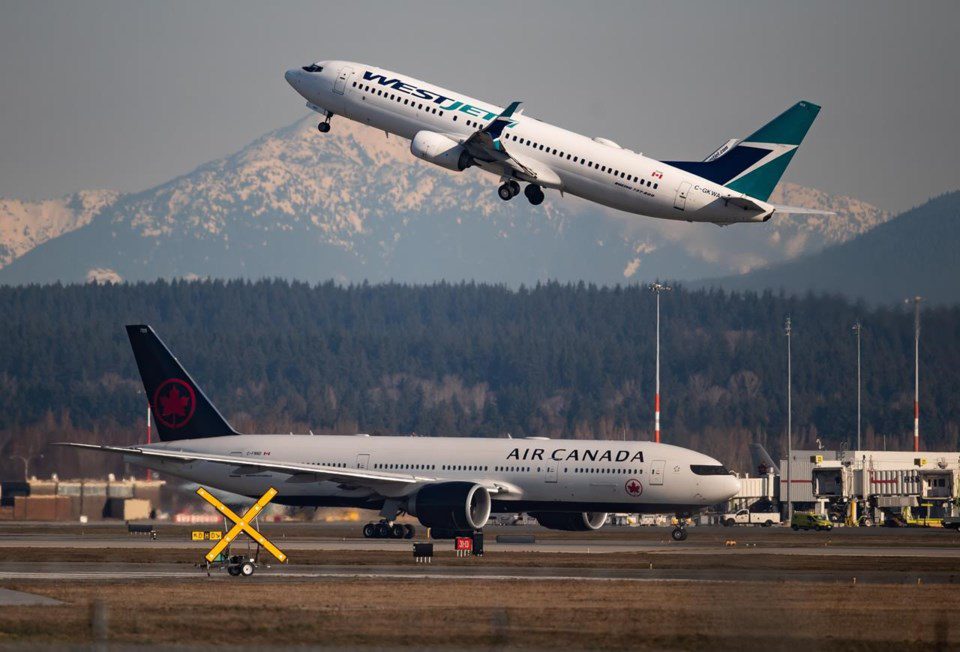A new study will gather information on carbon emissions from B.C.'s local airports in order to achieve carbon neutrality for all airports in the province by 2030.
The research is a component of the $875,000 allocated by the government for studies intended to promote environmental sustainability in the aviation sector after the province established a formal agreement with Vancouver's airport.
Another study will focus on expediting the creation of eco-friendly low-carbon aviation fuels, which Premier David Eby says is crucial for the future of air travel.
Tamara Vrooman, president of Vancouver International Airport, mentioned utilizing tallow byproduct from meat processing as one option, and also exploring the potential of utilizing wood waste.
Vrooman states that the airport is making significant progress towards achieving carbon neutrality by 2030, which would position it as the first Canadian airport to do so.
A third study aims to investigate ways to improve the movement of people and goods between the airport, Vancouver Island, and other areas without causing additional traffic congestion on the roads.
“We are aware that there are already significant congestion issues in the Lower Mainland, and (the airport) is situated near communities, schools, and shopping districts, where it would not be suitable to have a large number of trucks,” Vrooman explained.
“Therefore, we are beginning to consider the possibility of establishing one of the first air-to-marine terminals where we can directly transport cargo to a marine environment, such as the ocean or a river.”
Source: Canadian Press



